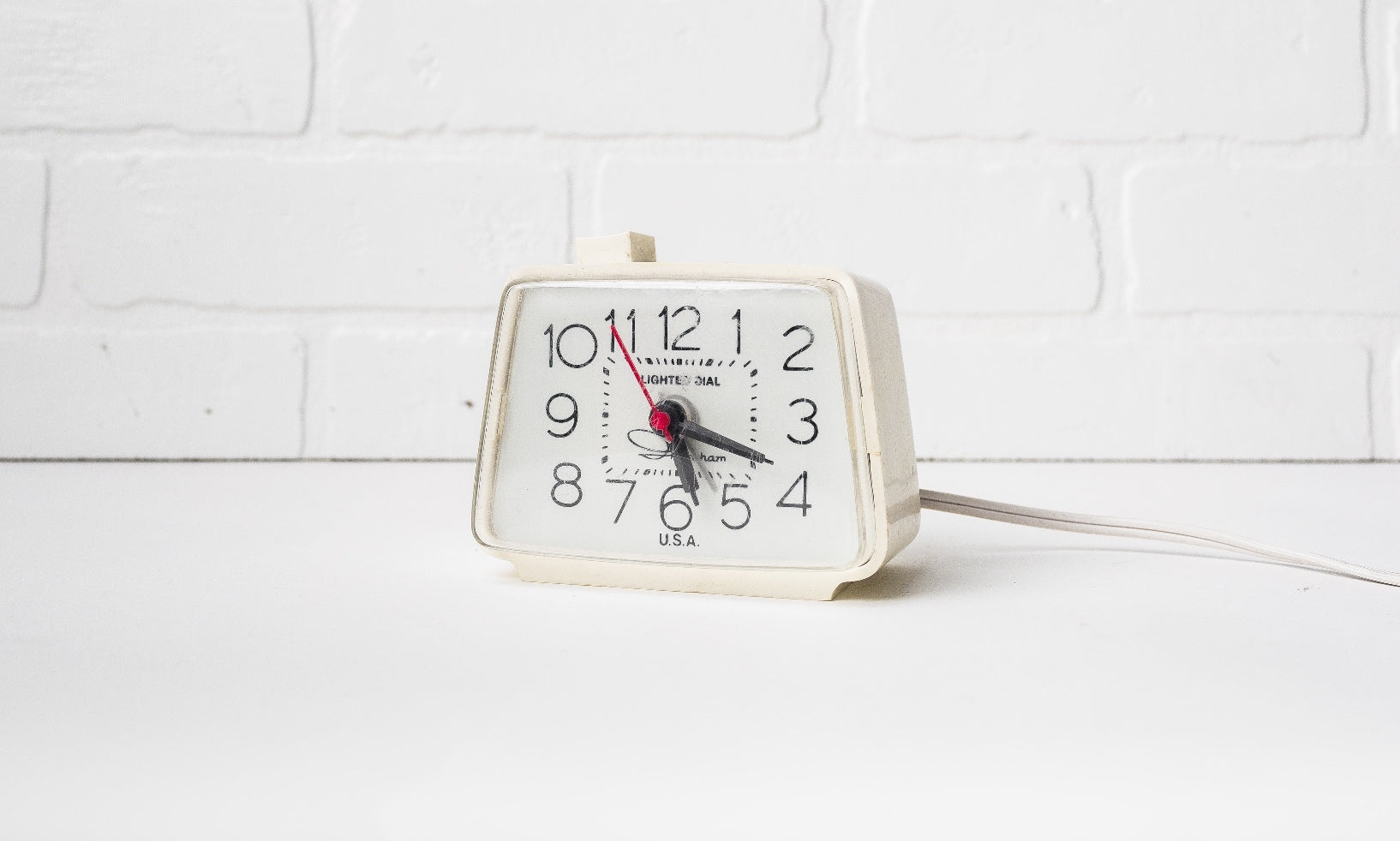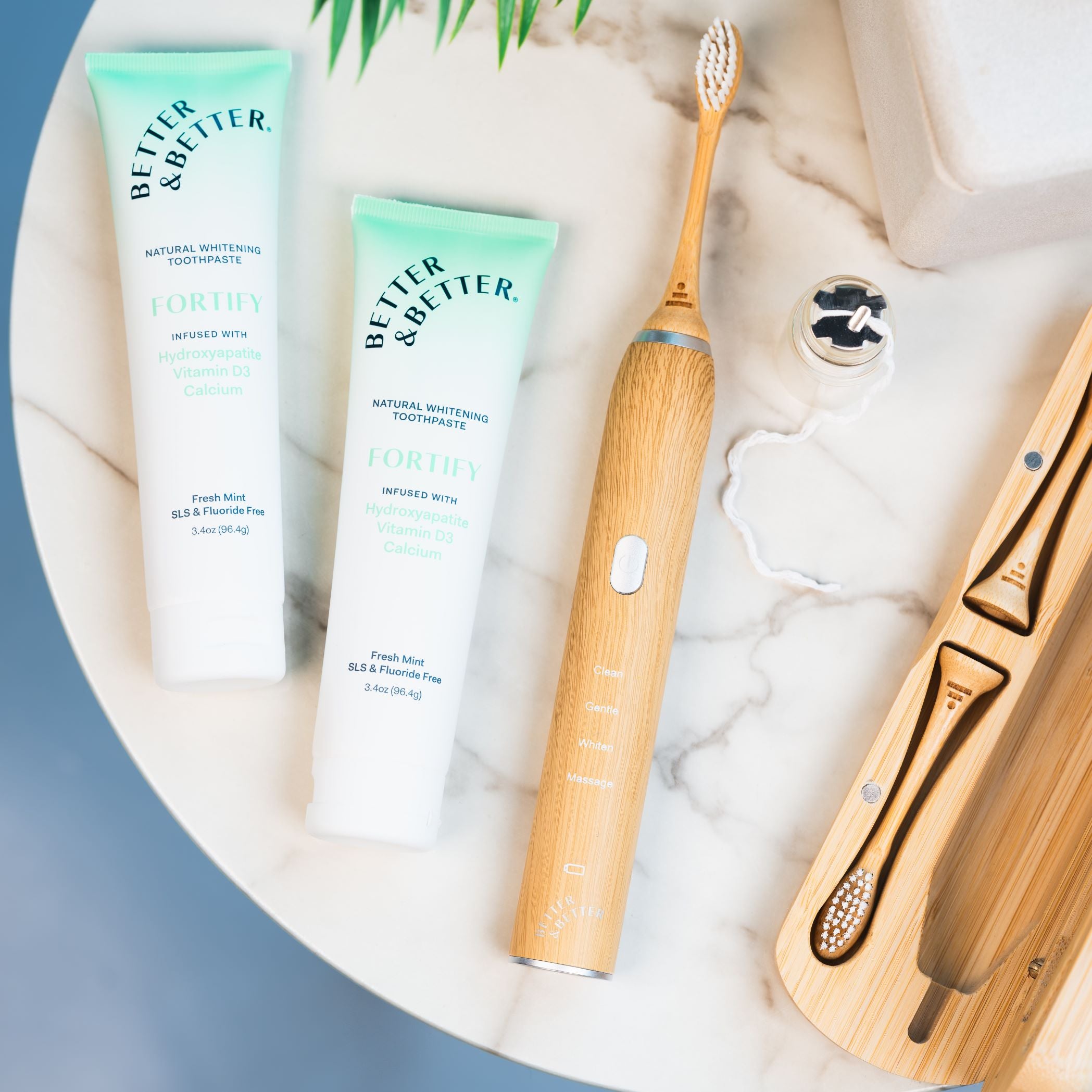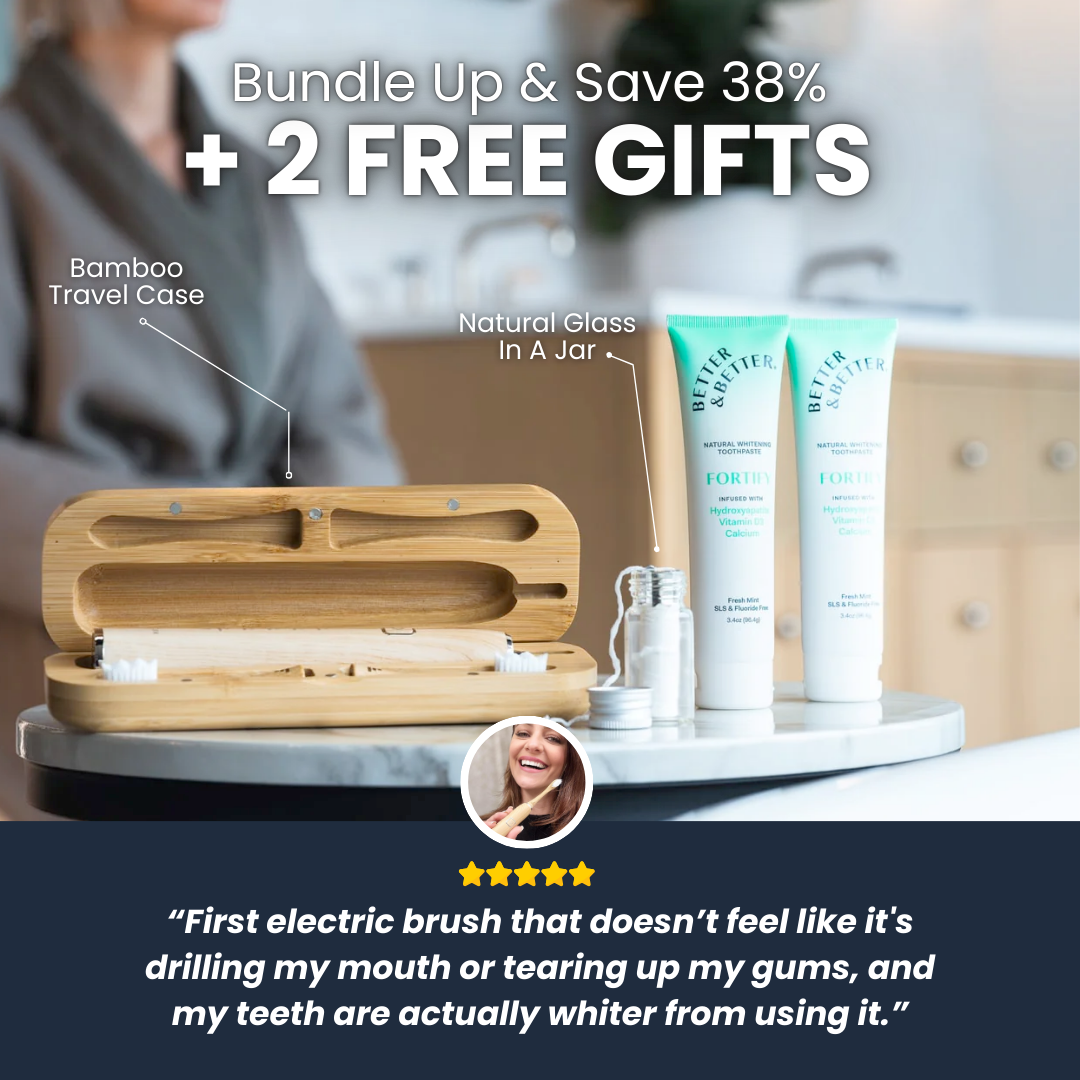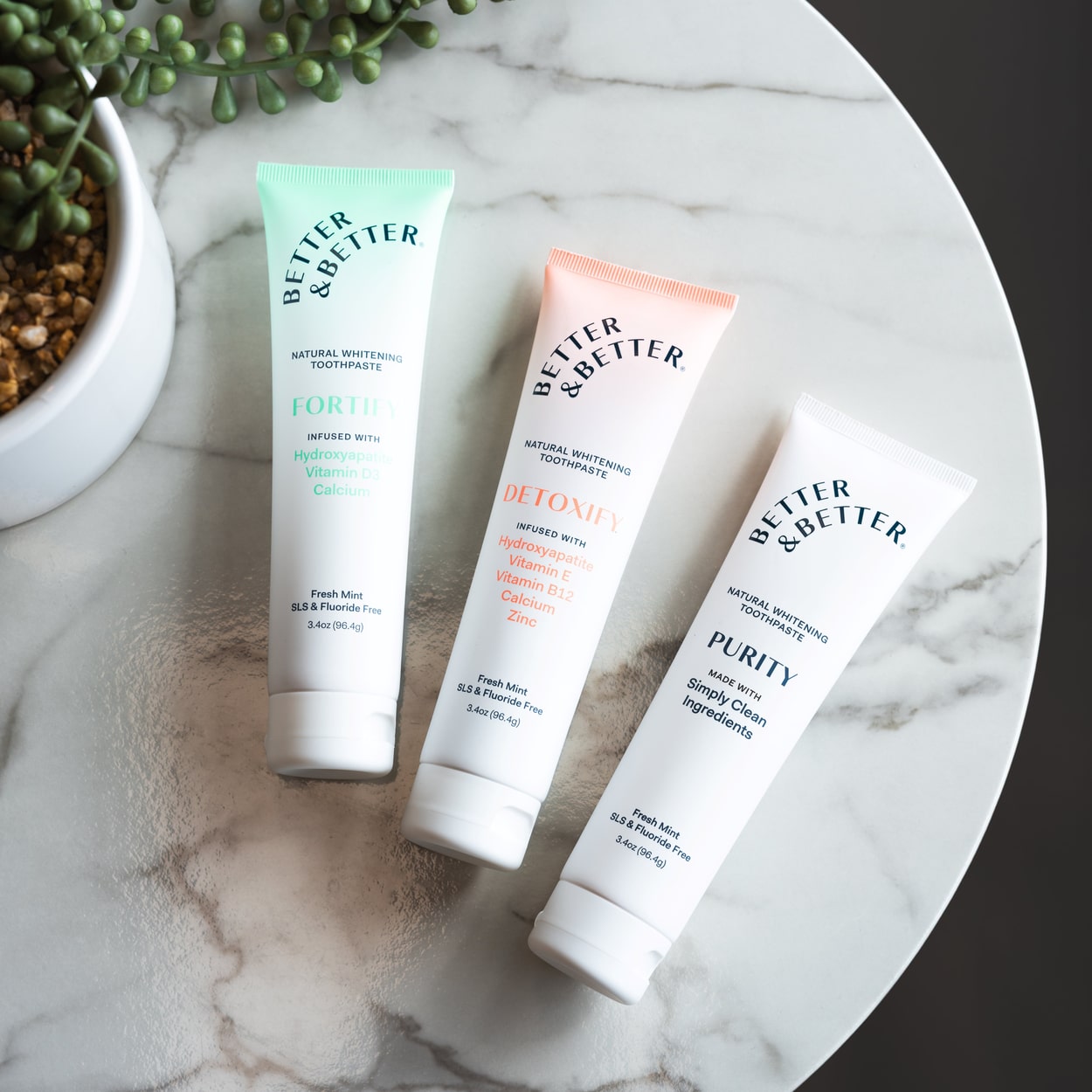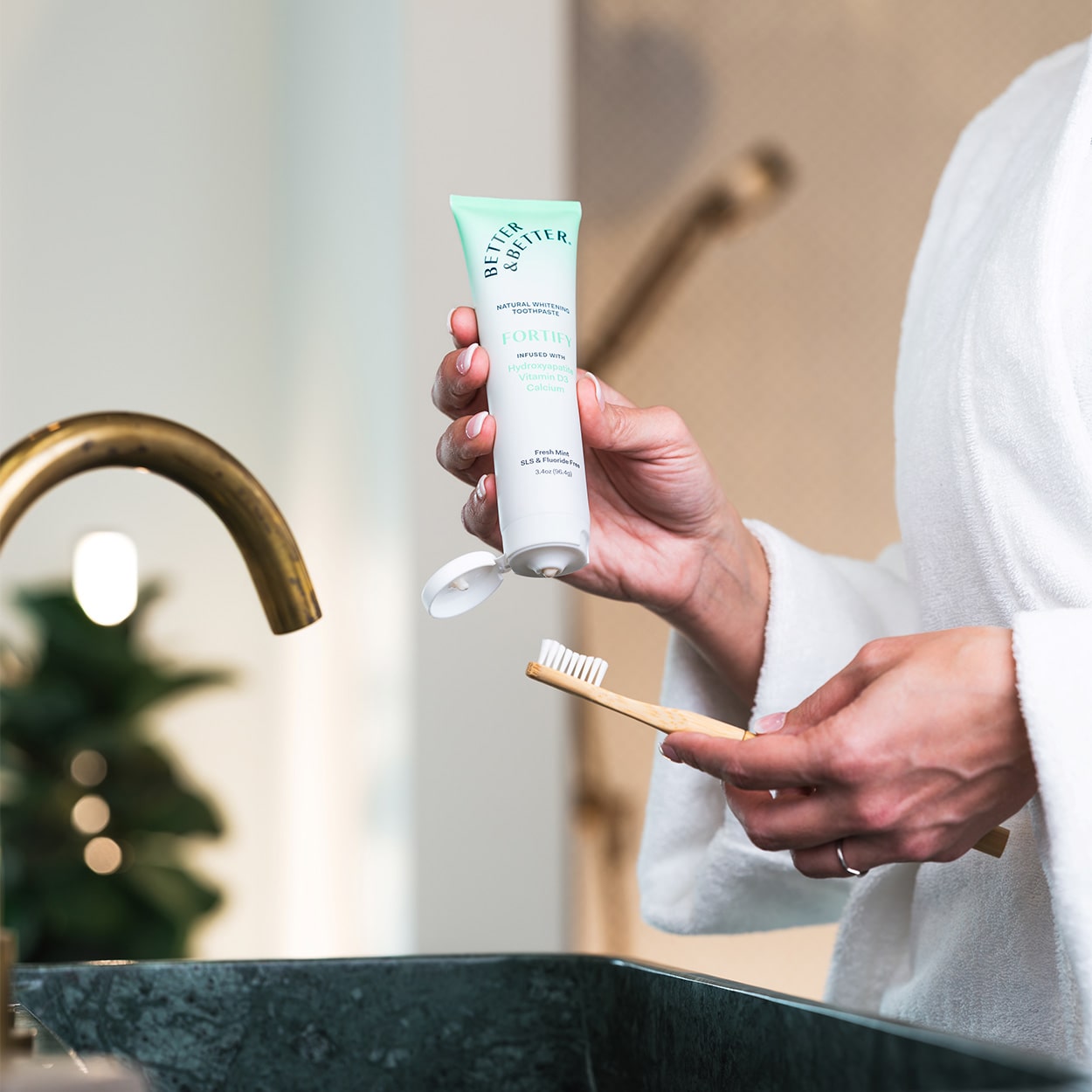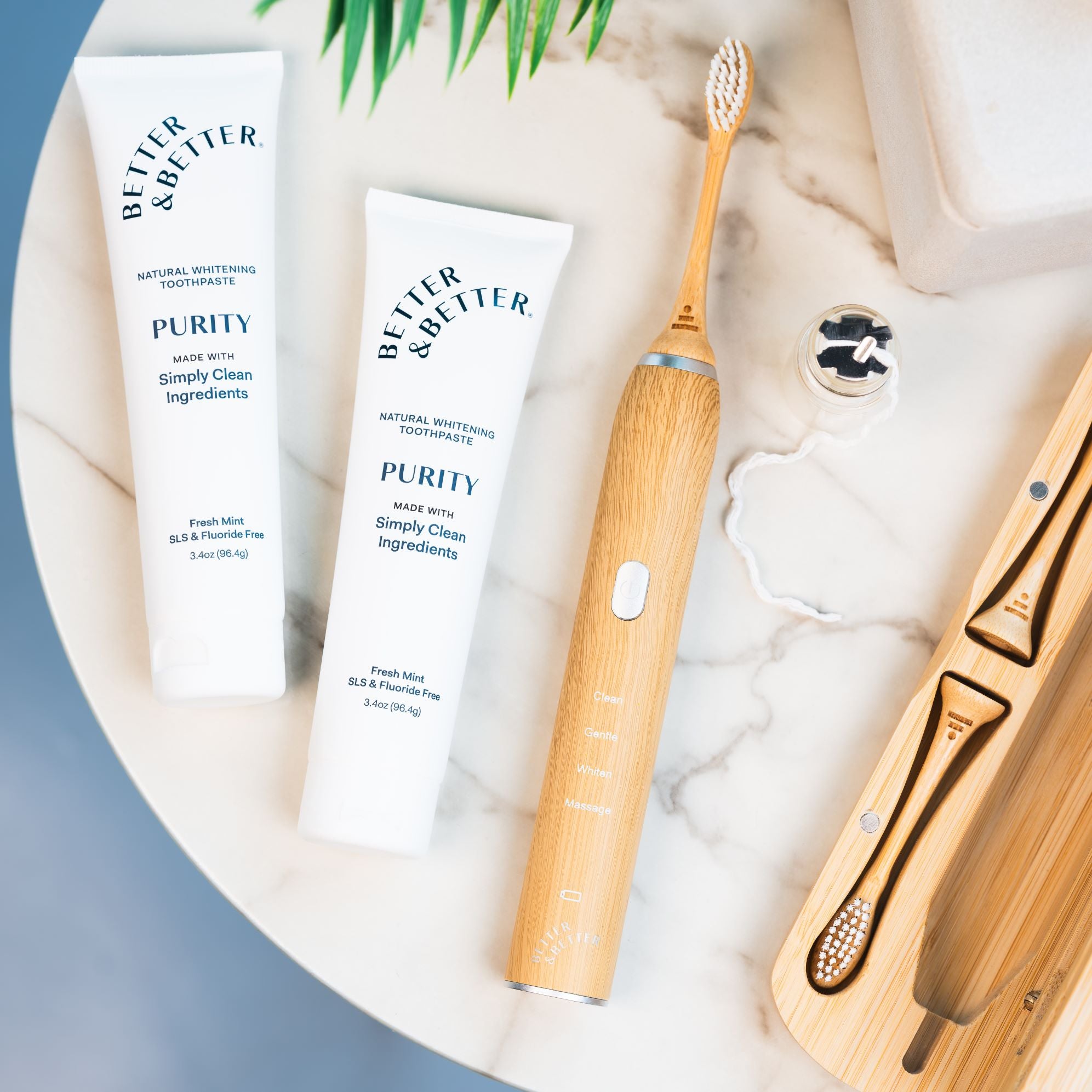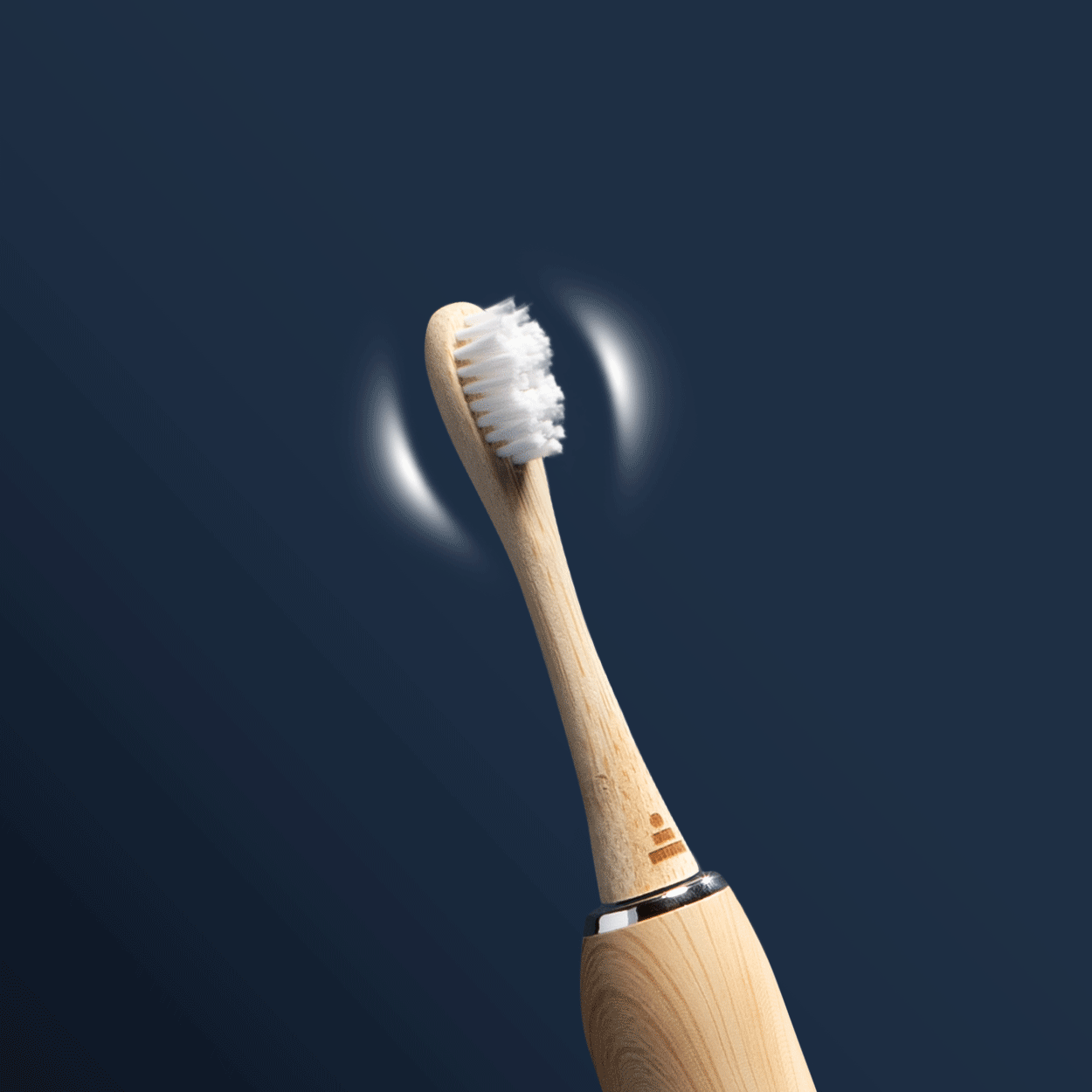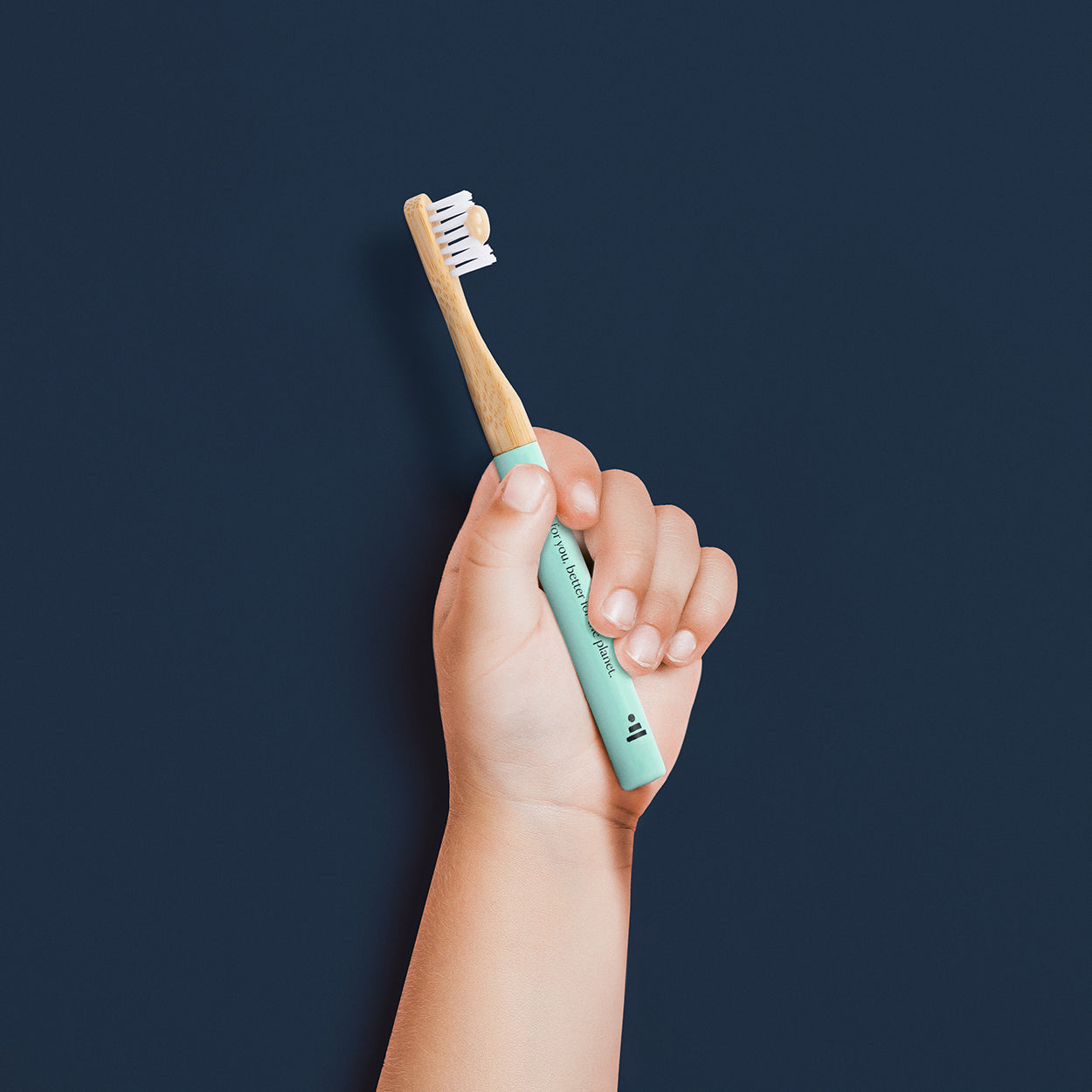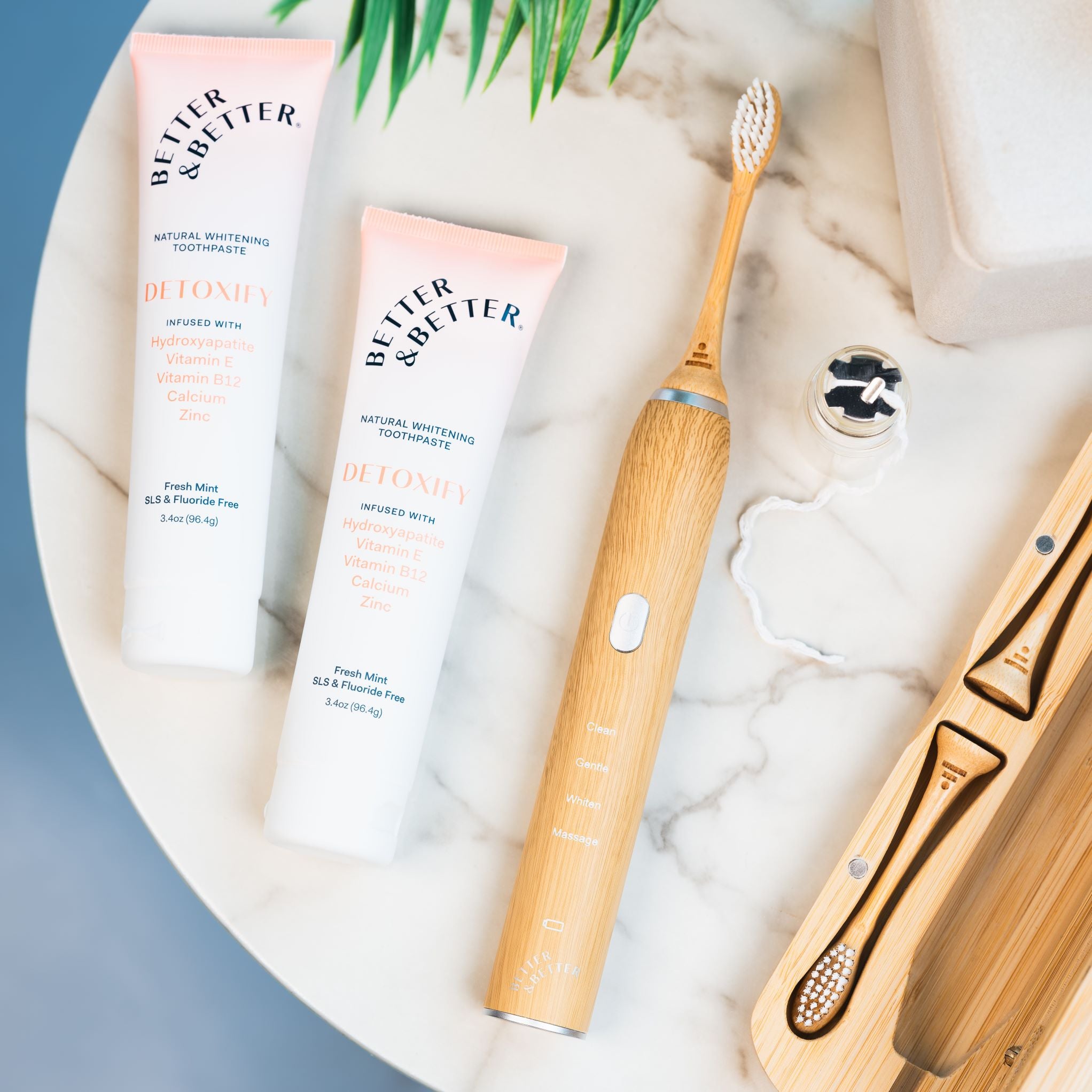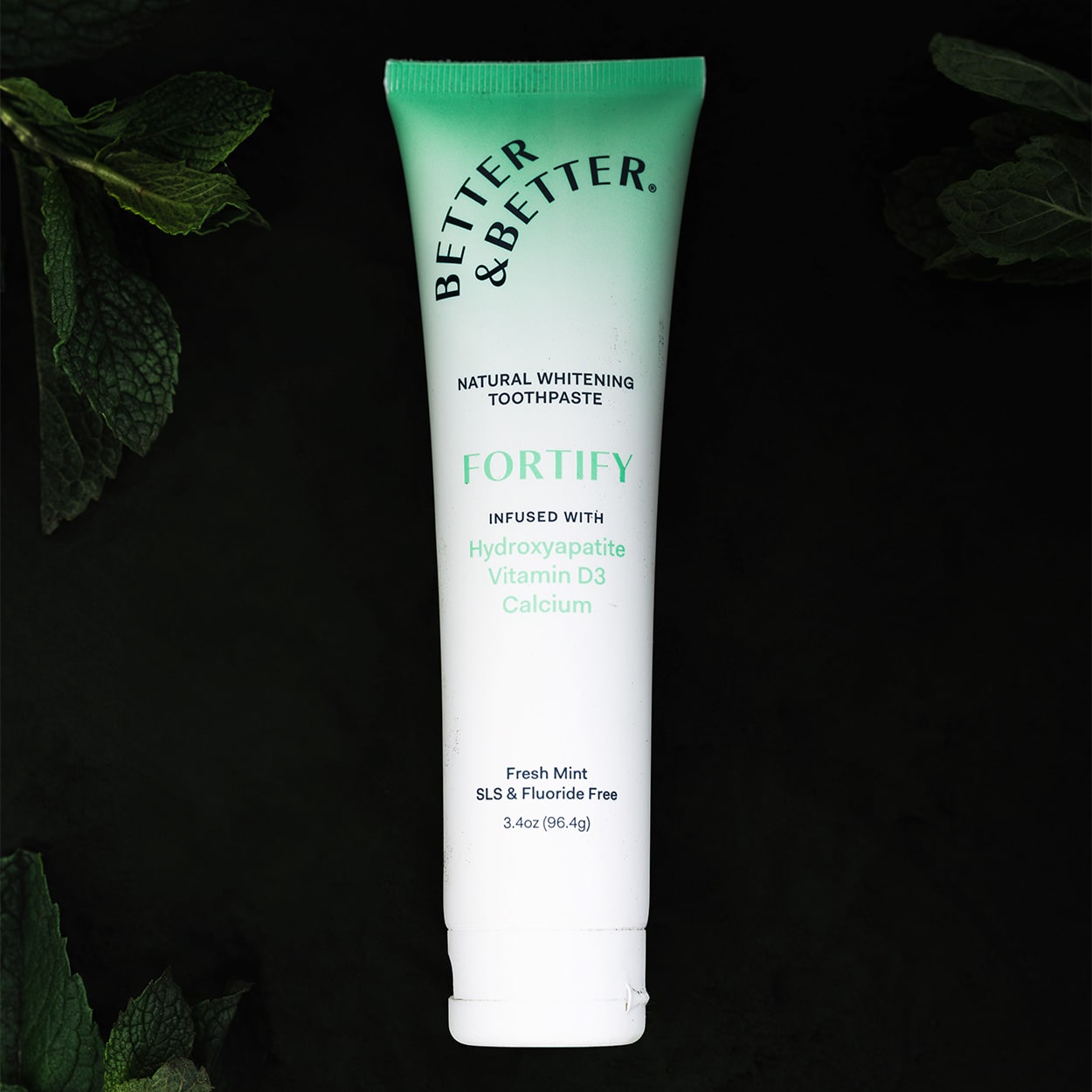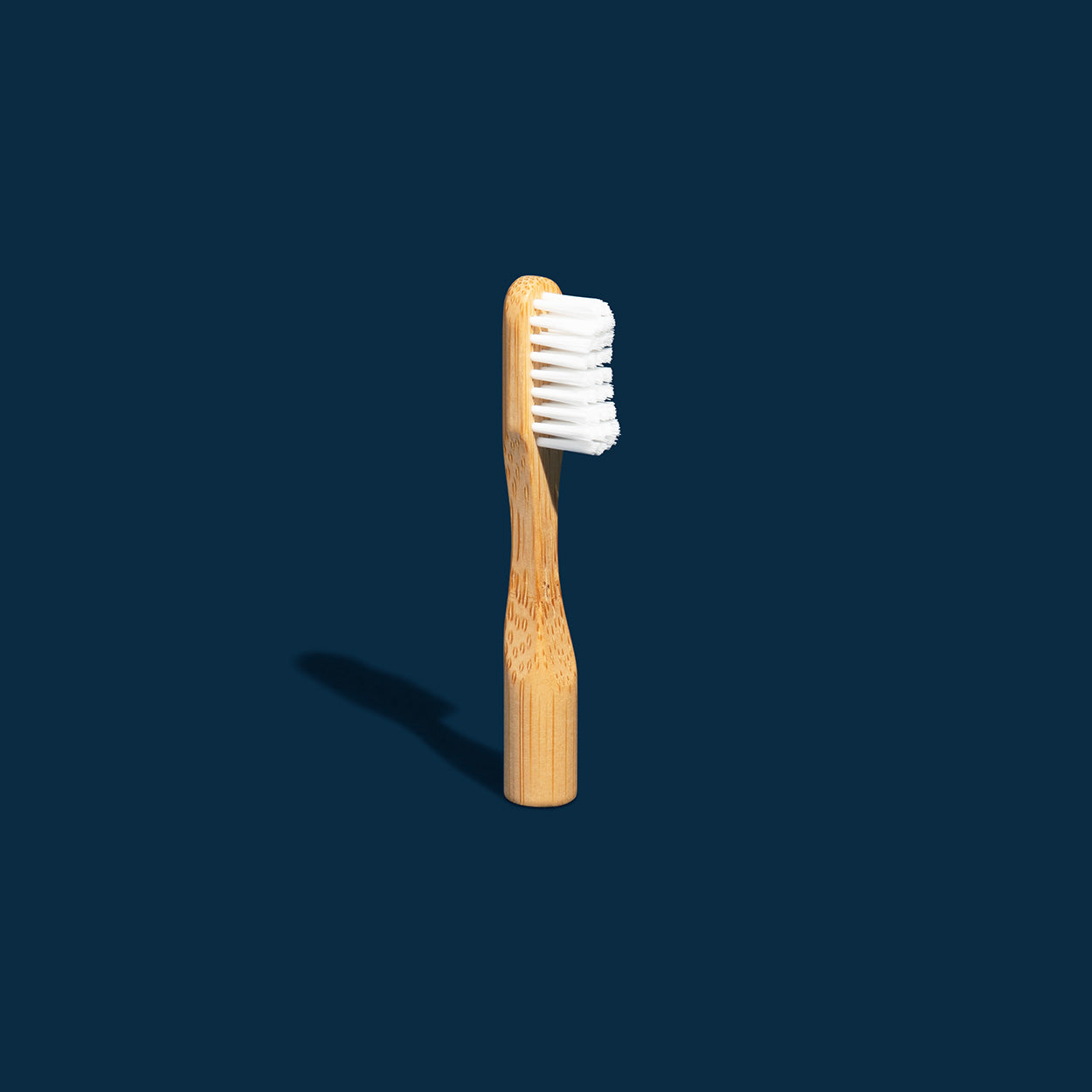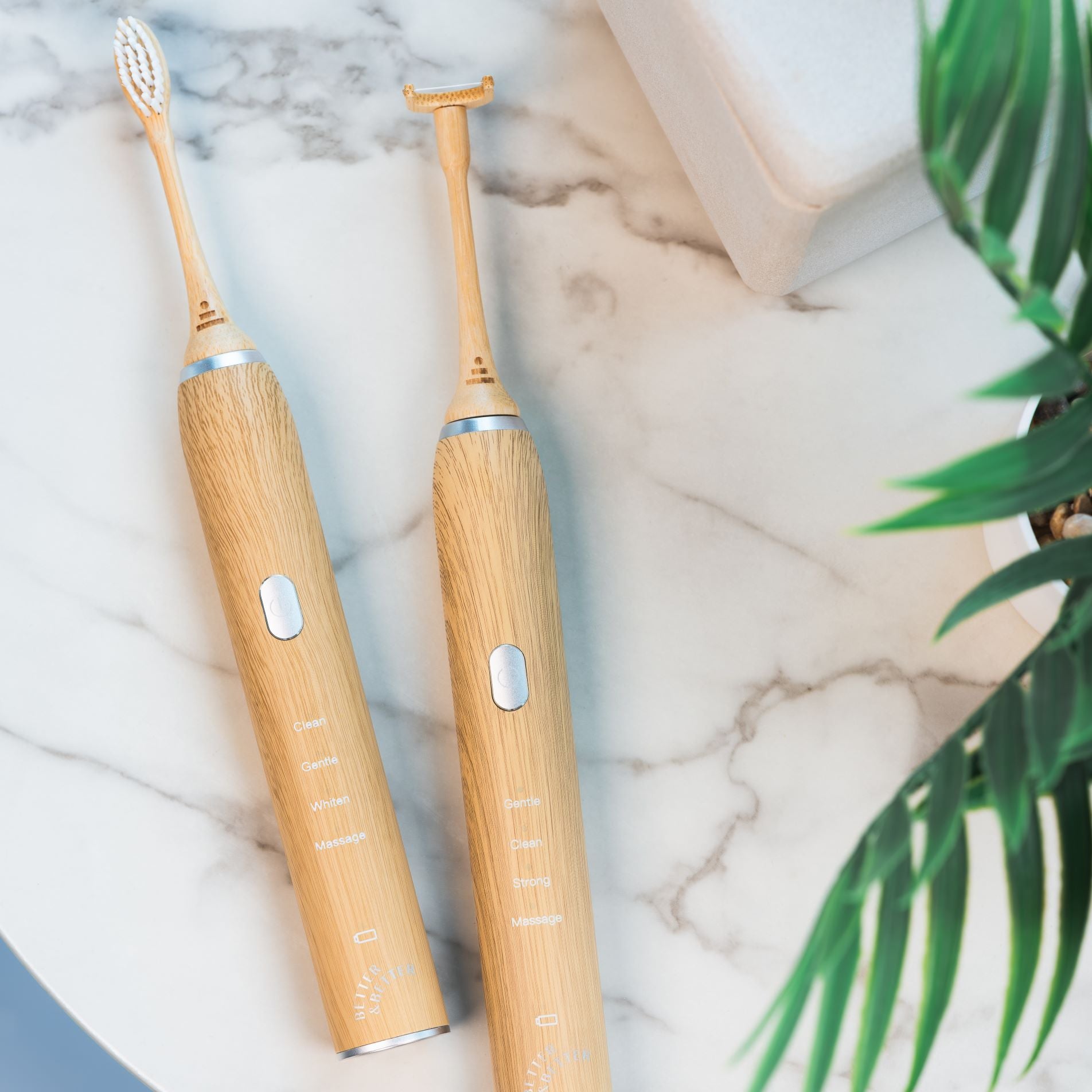Vitamin D is nicknamed “the sunshine vitamin” because our bodies create it when exposed to sunlight. But should we be taking our vitamin D supplements while the sun is shining?
Vitamin D is an essential nutrient that plays a crucial role in the health of our brain, bones, and immune system. Most notably, vitamin D helps the body absorb and retain calcium and phosphorus, which we need for strong, healthy bones. While it can be obtained through sun exposure and certain foods, many people opt to take vitamin D supplements to ensure adequate levels.
Most supplements we take don’t come with instructions on what time of day we should take them. But because of its effect on energy and wakefulness, some conventional wisdom says that you're better off taking vitamin D far away from bedtime.
Let’s see what the research says.
When Is the Best Time to Take Vitamin D?
Research suggests the best time to take vitamin D is with your biggest meal of the day (ideally a meal with a high fat content). That’s because vitamin D is a fat-soluble vitamin, meaning that it’s best absorbed alongside a fat source.
A study published in the Journal of Bone and Mineral determined that taking vitamin D supplements with the largest meal of the day may enhance its absorption. The study also found that participants who took their supplement with the biggest meal experienced a 50% increase in blood levels of vitamin D compared to those who took it without a meal.
This suggests that the presence of dietary fat and other nutrients in a meal aids in the absorption of vitamin D.
Bottom line: it’s not necessarily the time of day you take your vitamin D supplement that matters, but more so what you’re doing at that time of day (ideally, eating a high fat meal).
5 Factors That Affect Vitamin D Absorption
Several factors can influence the absorption of vitamin D in the body, including certain medical conditions and prescription medications. Here are five key factors to be aware of:
1. Your Diet
As we just learned, vitamin D is best absorbed alongside a fat source. As such, eating a strict low-fat diet can negatively affect your overall vitamin D levels—because the vitamin D you do take in isn’t being absorbed to its full capacity.
Integrating healthy fat sources into your diet is the key to making sure your vitamin D supplements are doing their job. Examples of healthy fats include:
- Avocado
- Olive oil
- Fatty fish, like salmon
- Nuts and seeds
2. Gastrointestinal Health Issues
Of course, the gut is the main place where our bodies break down the food we eat into vitamins and minerals for use throughout the body. As such, conditions that impact the gut and impair digestion and metabolism can also lead to difficulty absorbing vitamin D. These include celiac disease, Crohn’s disease, and cystic fibrosis.
3. Medications and medical conditions
Certain medications and medical conditions can interfere with vitamin D absorption or metabolism. For example, medications like anticonvulsants, and some cholesterol-lowering drugs can impact vitamin D levels. Those living with conditions like Crohn’s disease and celiac disease may also struggle to adequately absorb vitamin D.
4. High Body Mass Index (BMI)
New research indicates that those who have a higher body mass index may have more difficulty metabolizing vitamin D. In a clinical trial, researchers saw a 30-40% reduction in cancer deaths, and autoimmune diseases among people treated with vitamin D supplementation —but those only in people with lower BMIs.
These overwhelmingly positive effects were “blunted” in people with higher BMIs, but more research is needed to determine exactly why that is.
5. Liver and Kidney Problems
The liver and kidneys are also major players in processing the food we eat and filtering out toxins. When they’re unable to do their jobs effectively, it may also impair the absorption, activation, or utilization of vitamin D in the body. Severely low vitamin D levels are often found in those with chronic kidney disease.
Can You Take Vitamin D Before Bed?
Because vitamin D is involved in the production of melatonin and in regulating the body’s internal clock, studies suggest it may have an effect on sleep quality. But whether that effect is positive or negative is still up for debate.
Because vitamin D is produced by our bodies when exposed to daylight, it’s inversely related to melatonin, which our brains produce in response to darkness. So, it makes sense that we’d worry about upping our vitamin D intake before bed.
However, studies actually show that lower vitamin D levels are linked to poor sleep overall. One study of adult men found that participants with lower vitamin D levels had poorer sleep quality, with more disturbances and shorter duration.
While there’s no hard data to suggest that vitamin D supplements will keep you up at night, If you struggle with sleep and want to err on the side of caution, it can’t hurt to take your supplements in the morning if that’s when you take the rest of your vitamins.
But for healthy sleep, the most important thing is to make sure your baseline vitamin D levels are adequate.
What’s the Best Time to Get Vitamin D from the Sun?
If you’re looking to meet your vitamin D needs through sun exposure, you’ll want to head outside midday. That’s when the sun is at its highest point, which means your body will be able to manufacture it more efficiently.
Unfortunately, your body can’t make use of the sunshine that comes through your window while indoors. Those who are unable to get adequate outdoor sunlight due to climate or lifestyle factors should consider supplementation.
There’s a Better Way to Get Vitamin D
While there may not be a definitive "best" time to take vitamin D, research suggests that taking it with the largest meal, preferably one containing healthy fats, can enhance its absorption.
And when it comes to maximizing absorption, there’s a better way than swallowing pills. Science shows that taking your vitamins sublingually (under the tongue) helps your body use them more effectively and efficiently because they bypass the gut and go straight into the bloodstream.
If you’re looking for a way to ensure you get your daily dose of vitamin D, and don’t want to add an extra step to your routine, brushing with Better & Better’s Energy toothpaste is a great way to get your vitamin D sublingually. It contains a super absorbable vegan form of vitamin D3, derived from lichen (a type of algae).
When you brush twice daily with Energy, you’re brushing with 80% of your daily dose of vitamin D—no new habits needed. Plus, brushing your teeth generally coincides with two high-fat meals—breakfast (egg on an avocado toast, anyone?) and dinner. It’s an easy way to get your absorption up without changing your daily routine.


